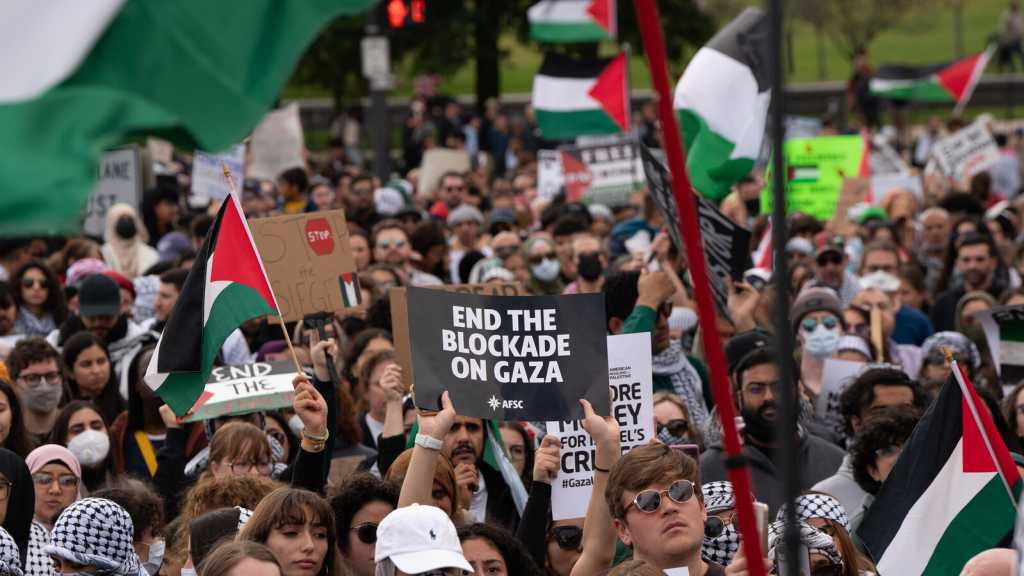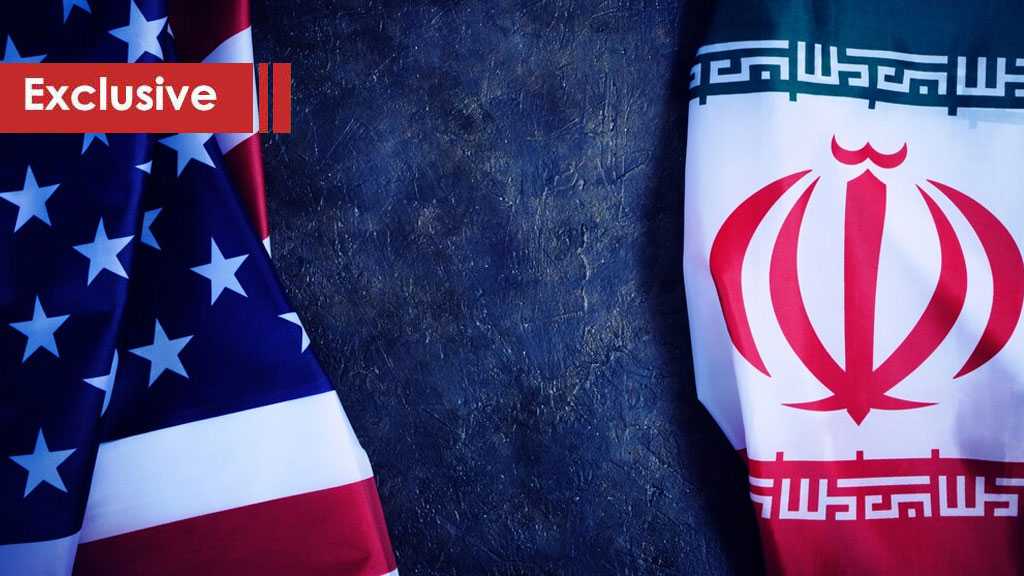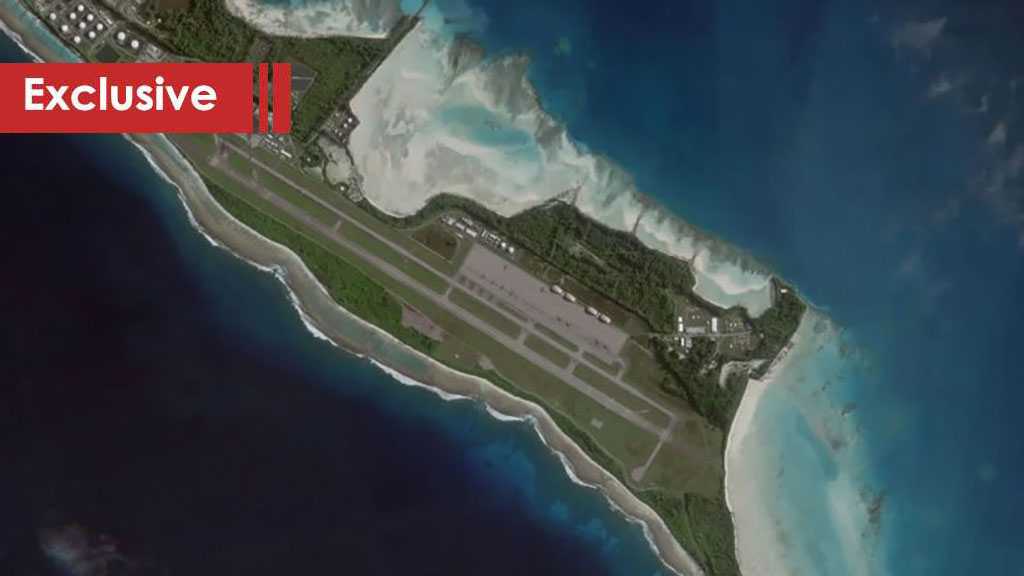Moscow Gives Peace A Chance!
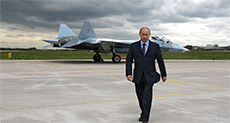
Darko Lazar
For much of the world, Russia's announcement earlier this week that it was downgrading its military presence in Syria was as surprising as Moscow's decision to enter the Syrian conflict six months earlier.
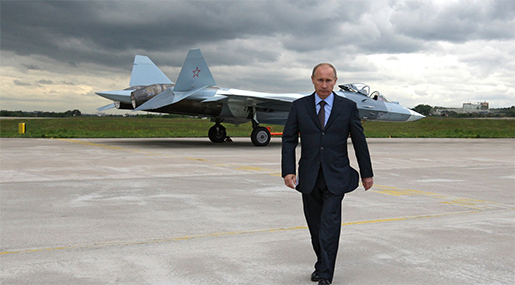
As Russian aviators made their way home from air bases in Syria, the western response has been a mix of confusion and poorly researched speculation suggesting a rift between the government in Damascus and the Kremlin.
Those who chose a less biased and more reasonable approach asked two questions; why now, and what impact will Moscow's decision have on efforts to reach a political solution to the Syrian conflict?
Timing Is Everything
When Russia abruptly intervened in the Syrian conflict in September of last year, the western political elite was caught completely off-guard. Unsure of how to respond, Washington, its allies and their proxies in Syria accused the Russians of killing civilians before the Russian military campaign even got underway. Moscow's claims that it was battling terrorism were either mocked or dismissed.
But six months later, senior US officials have been forced to admit that the Russians ‘changed the calculus' of the Syrian conflict.
"With the participation of the Russian military... the Syrian armed forces and patriotic Syrian forces have been able to achieve a fundamental turnaround in the fight against international terrorism and have taken the initiative in almost all respects," declared Russian President Vladimir Putin.
That ‘fundamental turnaround' has allowed the Syrian army, Iranian forces and Lebanon's Hizbullah to recapture some four thousand square miles of territory, encircle militant-controlled areas of Syria's second city of Aleppo, while cutting off the militants' vital supply routes from Turkey.
In contrast to efforts by the US-led coalition, Russian strikes have crippled Daesh, effectively eliminating the terror group's leading source of revenue by targeting oil smuggling routes to Turkey and exposing their business partners in Ankara.
Those battlefield victories have not only served as a catalyst for bringing about a cessation of hostilities brokered by Russia and the Americans, but have also set the tone for the latest round of the UN-brokered peace talks in Geneva, which coincided with Moscow's announcement.
According to Moscow-based International Relations and Security Analyst Mark Sleboda, "Russia is making a goodwill diplomatic gesture, it is serious about... the restart of the Geneva peace talks and it is putting the onus now on the US and its Turkish, Saudi and Qatari allies to reign in their proxies on the ground and commit to a real peace process."
Mission ‘Almost' Accomplished
While Russia's ‘partial' withdrawal from Syria clearly signals that Moscow is not interested in gaining a colonial, resource-rich territory or creating puppet regimes across the Middle East, it also - as is the case with the fight against terrorism - puts US/NATO regional military interventions to shame.
In dispelling another western media narrative - arguing that the Russians are fleeing Syria to avoid getting embroiled in a lengthy resource-hungry, Afghanistan styled conflict, which would inevitably lead to a Soviet styled collapse - it is important to point out that this is by no means a full withdrawal as Russia's military operations against terrorist groups continue.
"We will not ease" the fight against terrorism, Kremlin chief of staff Sergei Ivanov told reporters in Moscow. "We will intensify it. But for that end we do not need the contingent that is present today," Ivanov added. Moscow's planned withdrawal makes no mention of a specific timeframe.
In addition, the Russians have confirmed that they are leaving a ‘reduced' force at their naval and air bases in Syria. But more importantly, Moscow does not plan to remove its state-of-the-art S-400 surface-to-air missile system, which has significantly altered the balance of power in the Middle East in favor of Russia's allies, serving as a deterrent to nations that might contemplate introducing so-called ‘no-fly zones' over parts of northern Syria - namely Turkey, Saudi Arabia and even the United States.
"I think that Russia believes that an escalation could be pending. Turkey and Saudi Arabia have both been making a lot of noise about invading Syria. The US military and neo-cons have moved from calling for regime change to partitioning Syria," Sleboda said.
The Saudis and the Turks, both considered Washington's traditional regional allies, have been fuming over the outcome of the conflict in Syria, illustrating their frustrations through threats of ‘invasion' and the farcical performances of their proxies in Geneva, which led to the collapse of several rounds of peace talks.
In Moscow, where Putin's government has been eager to avoid a wider regional conflict, the announced withdrawal is perhaps best described as an attempt to secure well-fortified breathing space for diplomacy, which allows everyone involved to exit the conflict gracefully.
Putin - whose ‘goodwill diplomatic gesture' also coincides with the start of the forty-day lent period in the lead-up to the Christian Easter Holiday - may just be praying for another miracle and, dare we say it, peace in Syria.
Source: al-Ahed News

